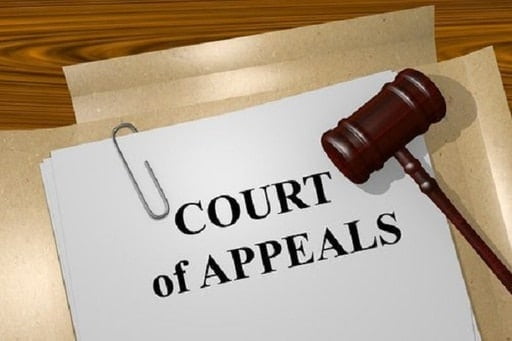If the appeal is successful, the revision court overrides the contested judgment and refers the matter back to the main court, but then to another judge. The instance train would then start again. Once again, the district or district court would have to negotiate and decide on the matter in the scope of the cancellation.
It is no different when you re-appeal against a regional judge’s appeal. Even then, the higher regional court would decide on the revision. If the appeal was justified, the higher regional court would then set aside the judgment of the regional court and return the matter to the regional court.
What must the lawyer do if he has appealed or appealed?
When making an appeal, reference can be made to what has been said so far. All that would have to be done here is to appeal against the judgment of the local court. An appeal does not have to be justified, but the accused is free to do so. The district court would then have to schedule an appointment for the main hearing.
Not so with the revision. In addition to the filing period, there is another period here, namely the justification period. It is particularly worth mentioning here that the accused can also lodge an appeal. However, this can only be justified by a lawyer! After receiving the judgment, the judge then has one month to justify the revision. The revision is therefore tied to stricter formalities than the appeal.
How can you justify a revision?
There are two ways to justify a revision, named as reprimands. On the one hand, the appellate attorney can complain about procedural errors. Such would be the case if the court had been mismanaged in the first instance. Imagine, in the first instance, the hearing took place before the lay judge. This hasusually staffed in such a way that a judge and two lay judges – these are honorary judges and nothing else than “people from the people” – decide. However, if, for example, only one lay judge decided next to a judge, the court would have been incorrectly appointed and this procedural error could be criticized. There are also a large number of other possible procedural violations.
Another possibility of the complaint is to complain about substantive errors. Such would the case of bodily harm mentioned above, namely if the court convicted a defendant on the basis of a different criminal law. Than the one that should have made according to the findings. However, a complaint can also be justified, for example, by the fact that the court made mistakes in sentencing.
As it turns out, both remedies are fundamentally different ways to appeal a judgment. Which legal remedy is ultimately correct depends on the circumstances of the individual case. What is decisive here is always what the goal of the defense is. If you want to obtain an acquittal for factual reasons, for example, because the defendant has an alibi for the crime, it is certainly more advisable to have another factual instance in the form of an appeal.


